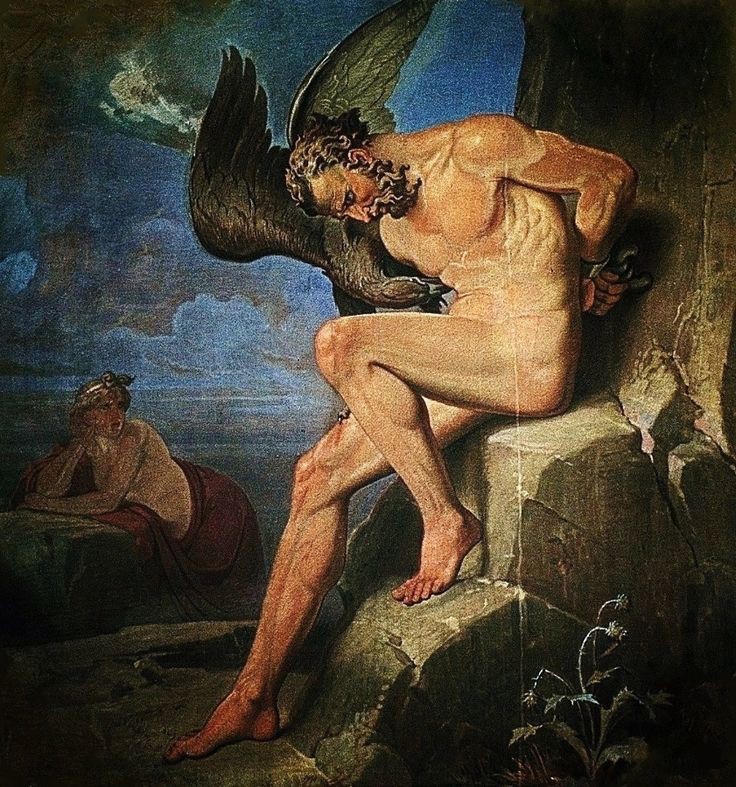Conference for scholars, science fiction/fantasy devotees, and the public.
Friday, March 27–Saturday, March 28.
Free admission; Register by March 18 for catered events.
TACOMA, Wash. – Not so long ago, the quiet junction where fans of science fiction and scholars of ancient classics came to meet was a lonely place. Some might go so far as to say it was a place “where no man has gone before.”
But in this 21st century of pioneering academics and pop culture aficionados, that is changing fast. In recent years in Europe, conferences and papers about how Greek and Roman classics have played a role in popular authors’ visions of the future and the fantastic have been spreading at warp speed. And now in America, too, excitement about this overlooked pairing of interests is catching on.
The University of Puget Sound contributes to this nascent movement by hosting the international conference The Once and Future Antiquity: Classical Traditions in Science Fiction and Fantasy. The free event, running from Friday, March 27, to Saturday, March 28, maybe the first major scholarly conference of its kind in the United States.
Keynote talks will be given by noted classics professor and author C.W. Marshall and popular speculative fiction author Catherynne Valente. In all, there will be presentations from 21 scholars from the United States, Canada, United Kingdom, and Belgium, a Saturday-night screening of the beloved science fiction classic Forbidden Planet (1956), and roundtable discussions.
Academics, science fiction and fantasy fans, and the general public are all welcome to attend. Details and registration are available at pugetsound.edu/onceandfuture. There is no fee to attend the conference, thanks to its generous sponsors. Those who plan to attend the Friday evening opening reception and Saturday lunch should register for the conference by Wednesday, March 18. Registration for other events is not required. A link to a campus map and contact information is below.
C.W. Marshall, professor of ancient performance traditions and Greek poetry at The University of British Columbia, will speak on “Classical Reception and the Half-Elf Cleric,” from 7–8:30 p.m., in the Tahoma Room, Commencement Hall. In addition to many important works on ancient performance, Marshall has produced articles and collections on classics and popular culture. These include Cylons in America: Critical Studies in Battlestar Galactica (2007, edited with Tiffany Potter), which won a Popular Culture Association Book Award; Classics & Comics (2011, edited with George Kovacs); and Son of Classics and Comics (forthcoming, edited with George Kovacs).
Catherynne Valente, the prize-winning author of speculative fiction works, will speak from 4–5:30 4 p.m. on Saturday, March 28, in the Tahoma Room, Commencement Hall, on the topic “Just Your Average Tuesday Morning Minotaur.” A Seattle native, she is the author of The Labyrinth (2004); The Orphan’s Tales: In the Night Garden (2006), which won the Mythopoeic Fantasy Award; and Palimpsest (2009), which won the Lamba Literary Award and was nominated for the World Science Fiction Society’s Hugo Award; and other works. She is also a regular panelist on the Hugo Award-winning podcast SF Squeecast.
Other sessions at the conference will explore topics including how J.R.R. Tolkien’s “The Passage of the Marshes” (in The Two Towers)borrowed from Roman wars; reflections of Vergil’s Aeneid in the superhero Captain America; the figure of Atlas in The Rocky Horror Picture Show; and the sighting of ancient building bricks in The Lego Movie. Speakers and participants also will explore what it might mean to consider antiquity—its art, history, literature, philosophy, and material culture—through the lens of science fiction and fantasy.
The conference is organized by Brett M. Rogers, assistant professor of classics at the University of Puget Sound; Benjamin Eldon Stevens, visiting assistant professor of classics at Bryn Mawr College; and Laura Zientek, classics instructor at the University of Puget Sound.
The event seeks to build on recent work in the area, including conferences on classics and science fiction in Rouen, France (2012), and Liverpool, U.K. (2013). It also aims to extend the discussions from the published talks Antiquity in the Contemporary Imagination, edited by Mélanie Bost-Fievet and Sandra Porvini (2014), just-published collection of essays Classical Traditions in Science Fiction, edited by Rogers and Stevens.
The conference is sponsored by the Catharine Gould Chism Fund for the Humanities and the Arts; Puget Sound’s alumni magazine Arches; the Departments of Classics, Art and Art History, Communication Studies, English, History, Religion, and Theater Arts; and the Gender and Queer Studies Program, Honors Program, Humanities Program, and Science, Technology, and Society Program.
For more information and to register for the conference visit: pugetsound.edu/onceandfuture.
For additional queries, please contact classicalreceptions@gmail.com.
For directions and a map of the campus:pugetsound.edu/directions
For accessibility information, please contact accessibility@pugetsound.edu or 253.879.3236, or visit pugetsound.edu/accessibility.
Press photos of the organizers can be downloaded from pugetsound.edu/pressphotos.
Photos on page: Top right: Prometheus, by Bonaventura Genelli, 1850; Top left: Poster for Forbidden Planet, 1956; Above right: Atlas, by Bella Matt91; Above left: Vampry, by JNL. (Creative Commons or Public Domain photos)
Tweet this: #ScienceFiction & ancient classics conference #CTSFMF @univpugetsound Mar 27-28. All welcome. #Tacoma http://bit.ly/1Nle7sk
Conference hashtag: #ctsfmf
Follow us on Twitter! twitter.com/univpugetsound



